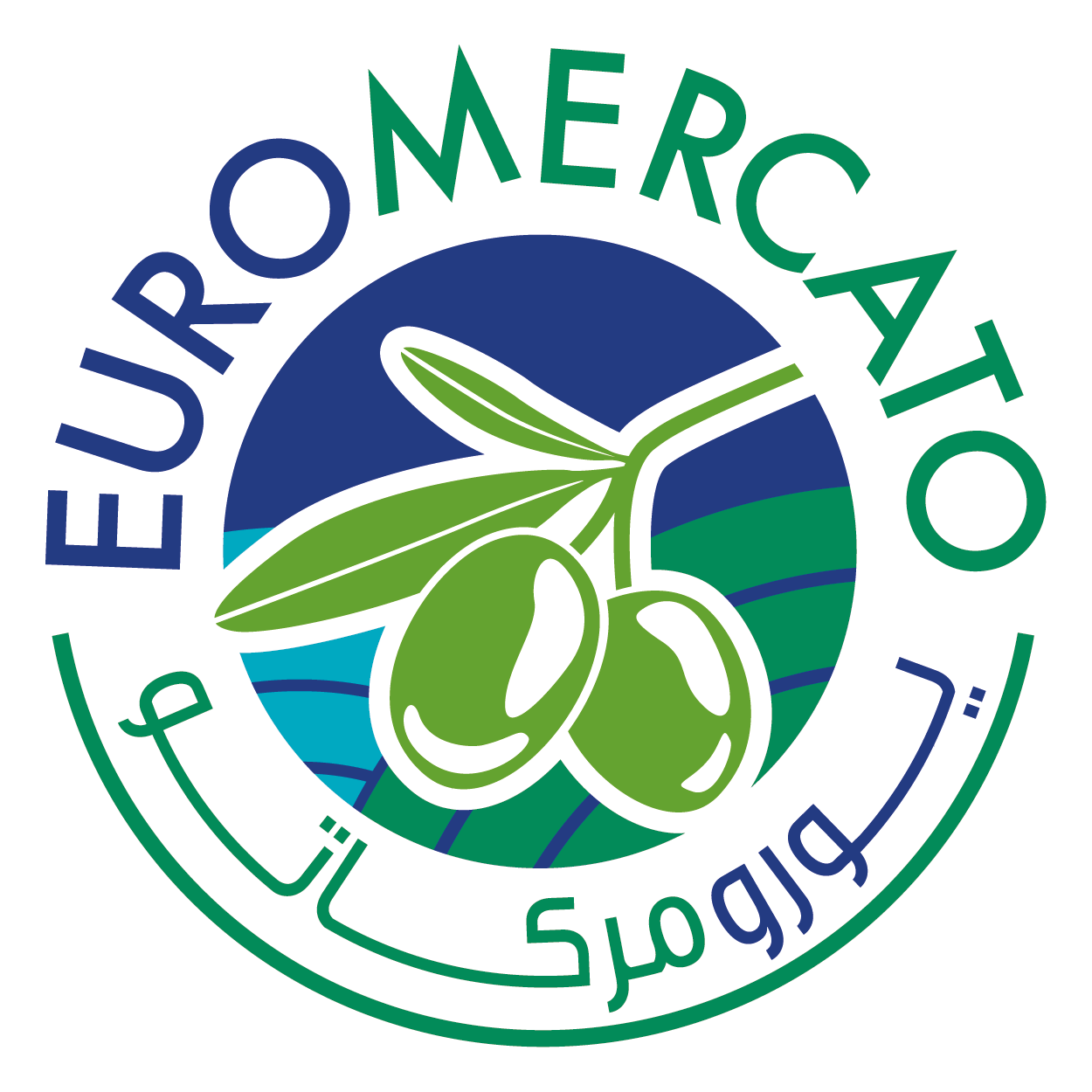The body cannot produce Vitamin C, making it an important vitamin. However, it serves a variety of functions and has a lot of health benefits.
It’s present in a variety of fruits and vegetables, including oranges, strawberries, kiwi fruit, bell peppers, broccoli, kale, and spinach, and it’s water-soluble. Vitamins that are water-soluble dissolve in water. It is required for normal development and growth. Although the body stores a tiny amount of these vitamins, they must be taken on a regular basis to avoid a deficiency.
Vitamin C is required for tissue growth and repair throughout the body. It does a number of things such as:
- Produce a protein that is essential for the formation of skin, tendons, ligaments, and blood vessels.
- Aids in the healing of wounds and the formation of scar tissue
- Maintaining and repairing cartilage, bones, and teeth
- Assist in iron absorption
- One of many antioxidants is vitamin C. Antioxidants are substances that protect the body from the harmful effects of free radicals.
Your body breaking down food results in the production of free radicals. Even by your exposure to tobacco smoke or radiation, there is a production of free radicals. The aging process is mostly because of the accumulation of free radicals over time.
You can find Vitamin C in many fruits and vegetables. The following are some excellent resources:
- Citrus fruit, such as oranges and orange juice
- Peppers
- Strawberries
- Blackcurrants
- Broccoli
- Brussels sprouts
- Potatoes
Vitamin C consumption should be 75 mg for women and 90 mg for men per day.
While it’s generally recommended that you receive your vitamin C through foods, many people rely on supplements to achieve their requirements.
Here are Vitamin C’s health benefits:
Reduces blood uric acid levels and help prevent gout attacks
Gout is a painful form of arthritis that involves inflammation of the joints, particularly those of the big toes. Gout patients experience edema and sudden, intense pain attacks.
When there is too much uric acid in the blood, gout symptoms emerge. The body produces uric acid as a waste product. It may crystallize and accumulate in the joints at high concentrations.
Interestingly, this vitamin proved in multiple studies to help lower uric acid levels in the blood and, as a result, protect against gout attacks.
In a study of 1,387 men, researchers discovered that individuals who drank the most vitamin C had much lower blood levels of uric acid than those who consumed the least.
Another 20-year study tracked 46,994 healthy males associating vitamin C intake with the development of gout. Taking this vitamin supplement reduced the risk of gout by 44% according to the discovery.
In addition, a review of 13 research indicated that taking a vitamin C supplement for 30 days lowered blood uric acid levels much more than a placebo.
Helps Prevent Iron Deficiency
Iron is an important nutrient that has a variety of functions in the body. It’s essential for making red blood cells and transporting oxygen throughout the body.
Vitamin C supplements can help improve the absorption of iron from the diet. It assists in converting iron with poor absorption, such as plant-based sources of iron, into a form that is easier to absorb.
This is especially useful for people on a meat-free diet, as meat is a major source of iron.
In fact, simply consuming 100 mg of vitamin C may improve iron absorption by 67%. As a result, vitamin C may help reduce the risk of anemia among people prone to iron deficiency.
If you have low iron levels, consuming more vitamin-C-rich foods or taking this vitamin supplement may help improve your blood iron levels.
Boosts immunity
The immune system needs vitamin C in many aspects, it is one of the most common reasons people take these vitamin supplements.
For starters, this vitamin promotes the formation of white blood cells called lymphocytes and phagocytes, which assist the body fight illness.
Second, it improves the function of these white blood cells while also shielding them from potentially hazardous substances like free radicals.
Vitamin C is also an important component of the skin’s defense mechanism. It’s carried actively to the skin, where it can work as an antioxidant and reinforce the skin’s defenses.
Vitamin C’s effect on the immune system is perhaps its most well-known advantage. This vitamin supports the immune system in a review published in Nutrients in November 2017 by guarding against oxidative stress, assisting in microbial killing, and reducing the risk of tissue damage. Associated with lack of this vitamin is an increased risk of infection. According to a previous assessment, stocking up on this vitamin after you start sniffling won’t prevent you from having a cold, but it might help you recover faster.
Protects Your Memory and Thinking
Dementia is a broad word that refers to symptoms of deterioration in thinking and memory. It affects about 35 million people worldwide and is most common in the elderly.
There is a link between oxidative stress and inflammation surrounding the brain, spine, and nerves to an increased risk of dementia, according to studies.
Vitamin C is important for neurotransmitter production as well as cognitive function. According to the University of Queensland in Australia, neurotransmitters are vital for delivering messages from the brain to the rest of the body. Furthermore, higher vitamin C may be linked to improved brain function. Vitamin C concentrations were shown to be higher in cognitively intact research participants compared to those with impaired cognition, according to a comprehensive review published in September 2017 in Nutrients.
Stimulates Collagen Synthesis
According to the National Institutes of Health, the manufacturing of collagen requires vitamin C. Whereas collagen is present in connective tissues throughout the body. Collagen formation requires adequate vitamin C levels. It is the most prevalent protein in the body. and is essential for connective tissues such as those present in our organs, hair, skin, and nails.
Collagen is the skin’s anti-aging savior by some health and beauty experts. Topically applying vitamin C to the skin results in enhanced collagen formation and younger-looking skin, according to a study published in Clinical, Cosmetic, and Investigational Dermatology in September 2015. According to Oregon State University, greater collagen synthesis also suggests this vitamin aids wound healing.
Antioxidant-Rich Vitamin C Protects the Eyes
Vitamin C, according to the American Optometric Association, can help prevent cataracts and reduce the course of age-related macular degeneration (AMD). Previous studies found that taking 500 mg of vitamin E per day as part of a daily supplement delayed the progression of AMD in persons with moderate AMD, possibly due to its antioxidant characteristics. However, before using any supplement long-term, speak with your ophthalmologist or primary care physician.
Be boosted with Vitamin C by trying Euromercato’s Ginger Up+. Not only will you stay hydrated, but it will also give you the jumpstart to your day.














